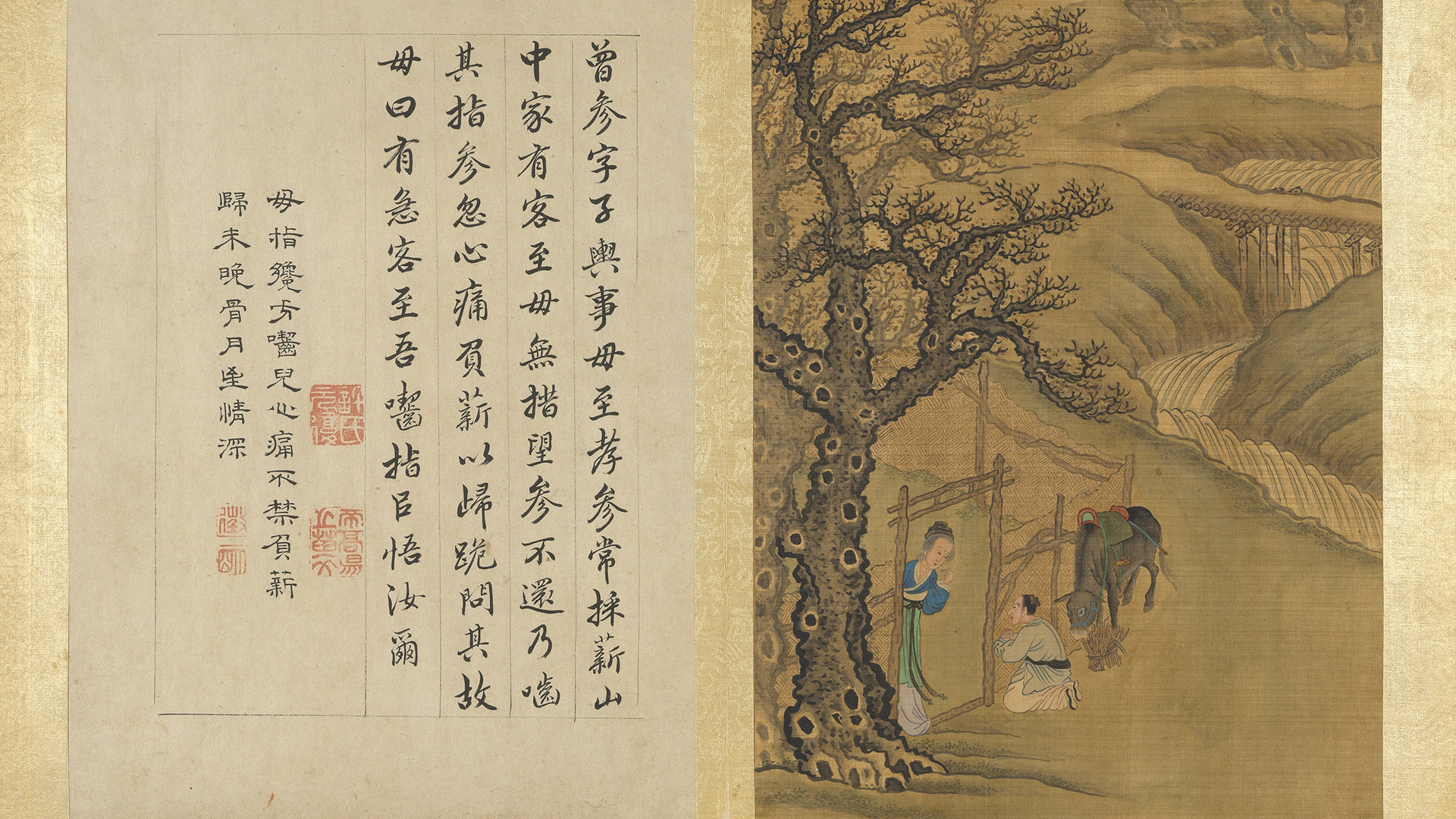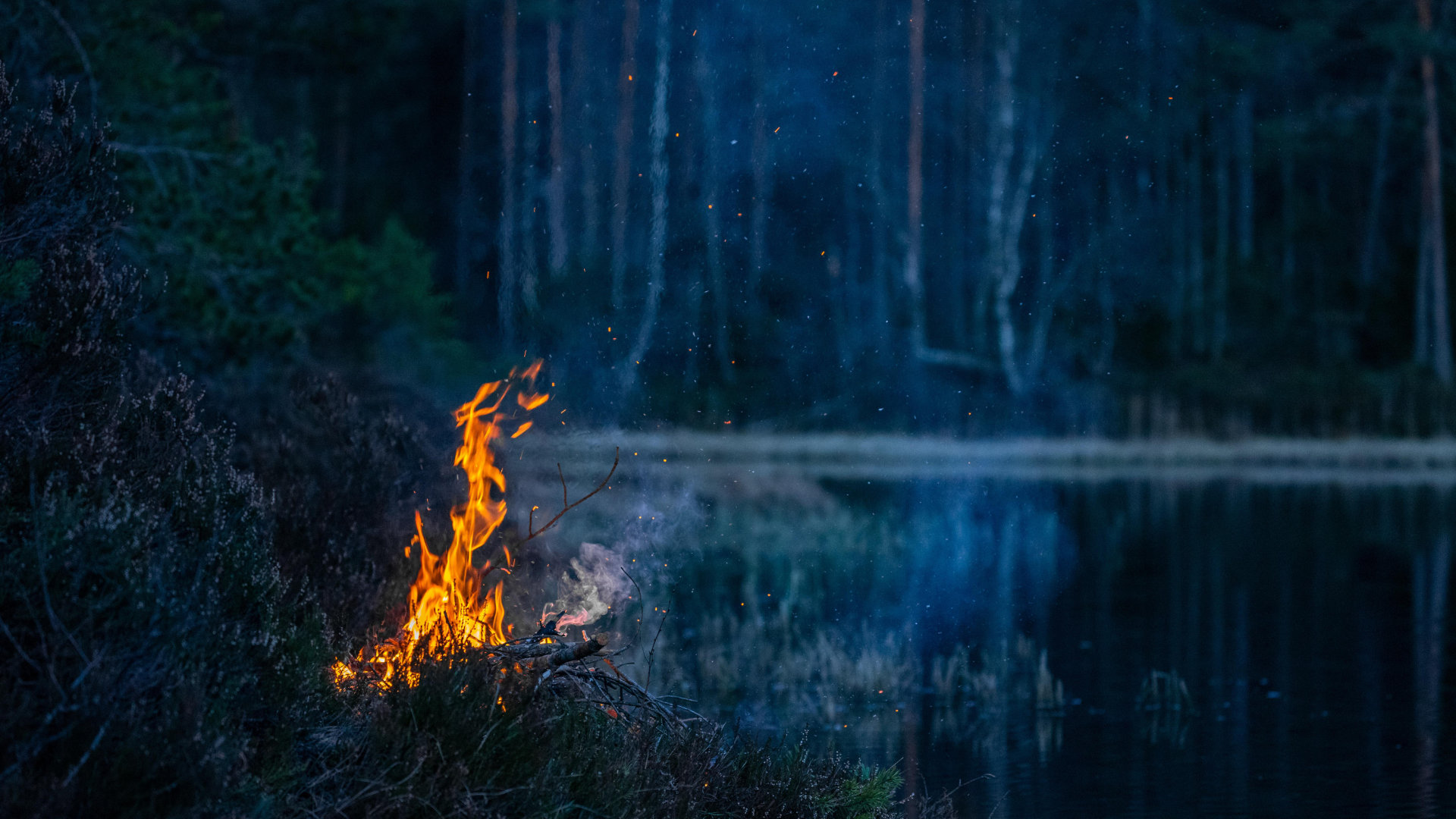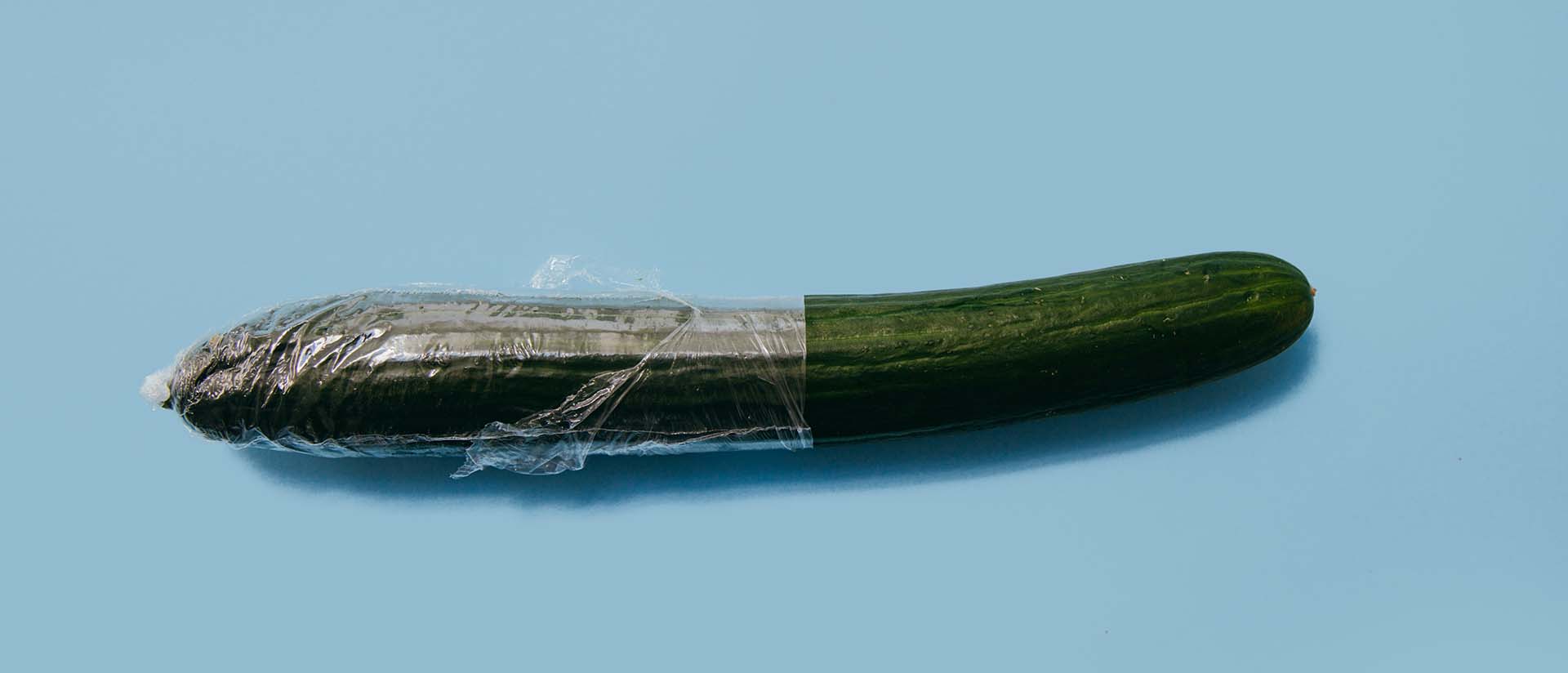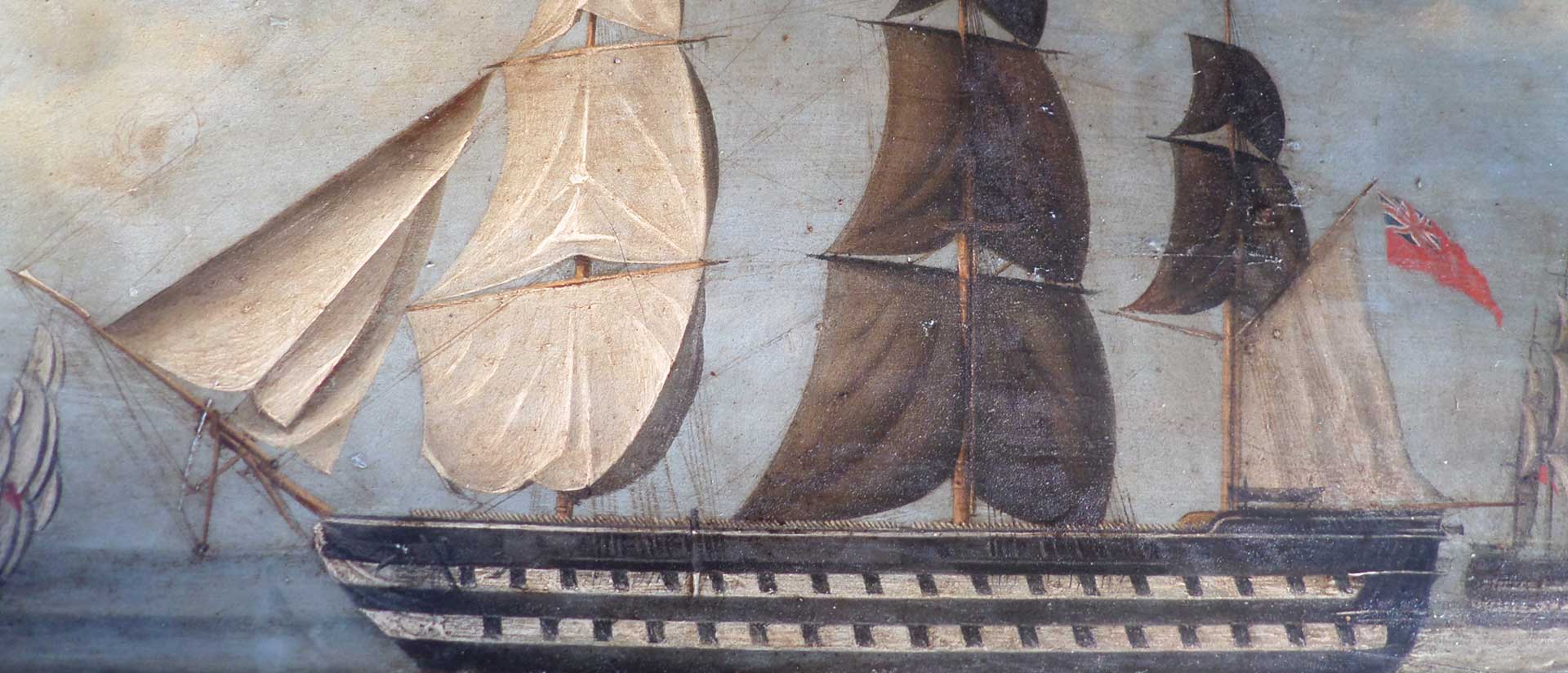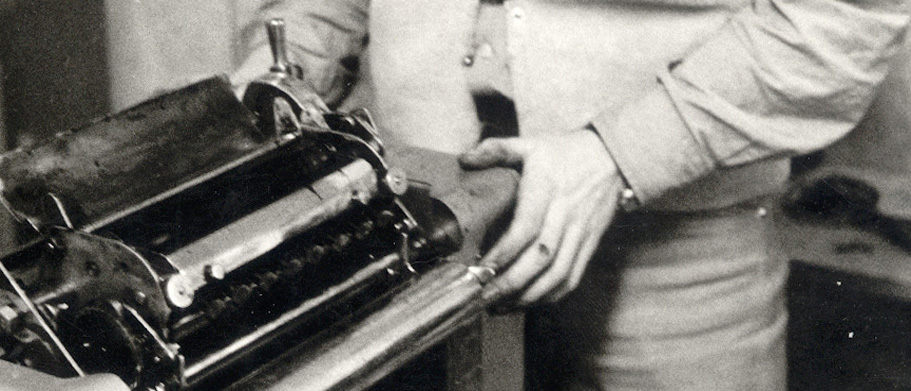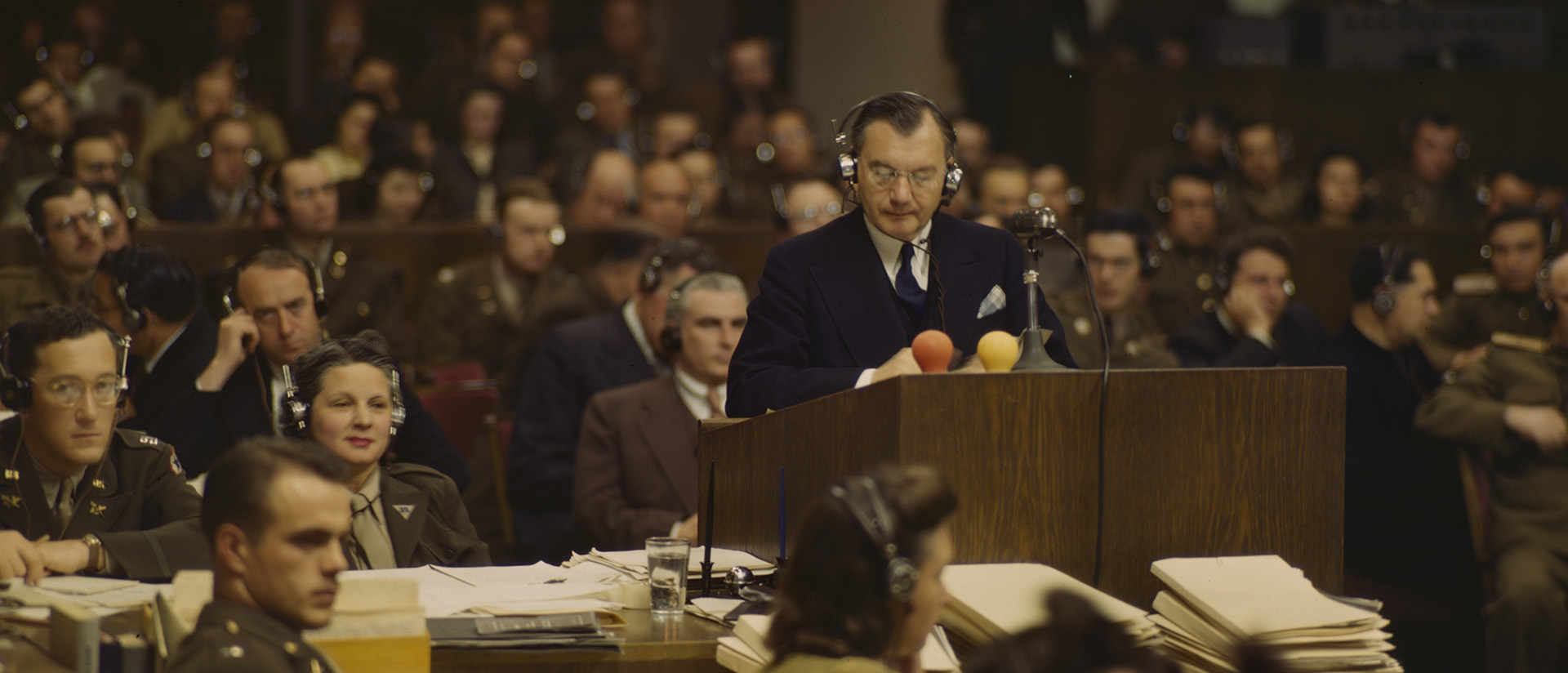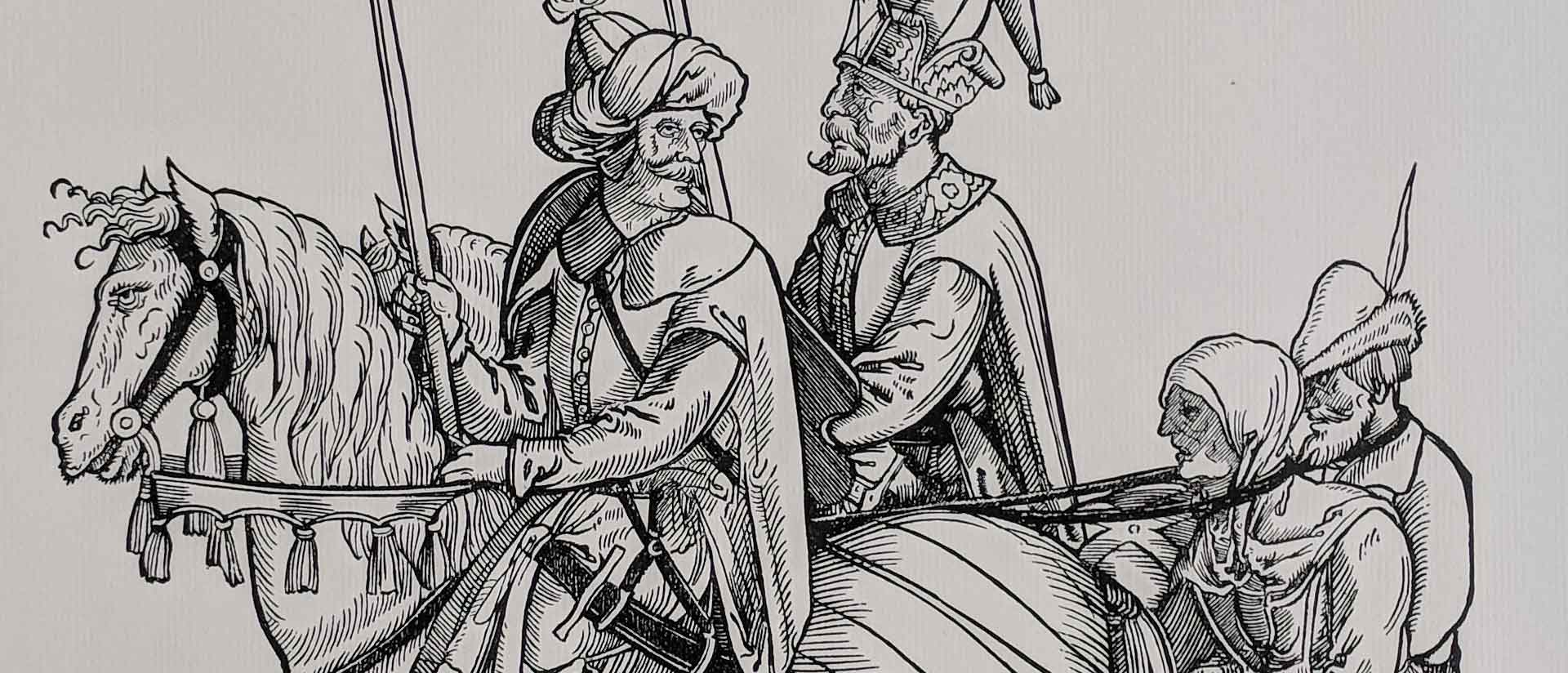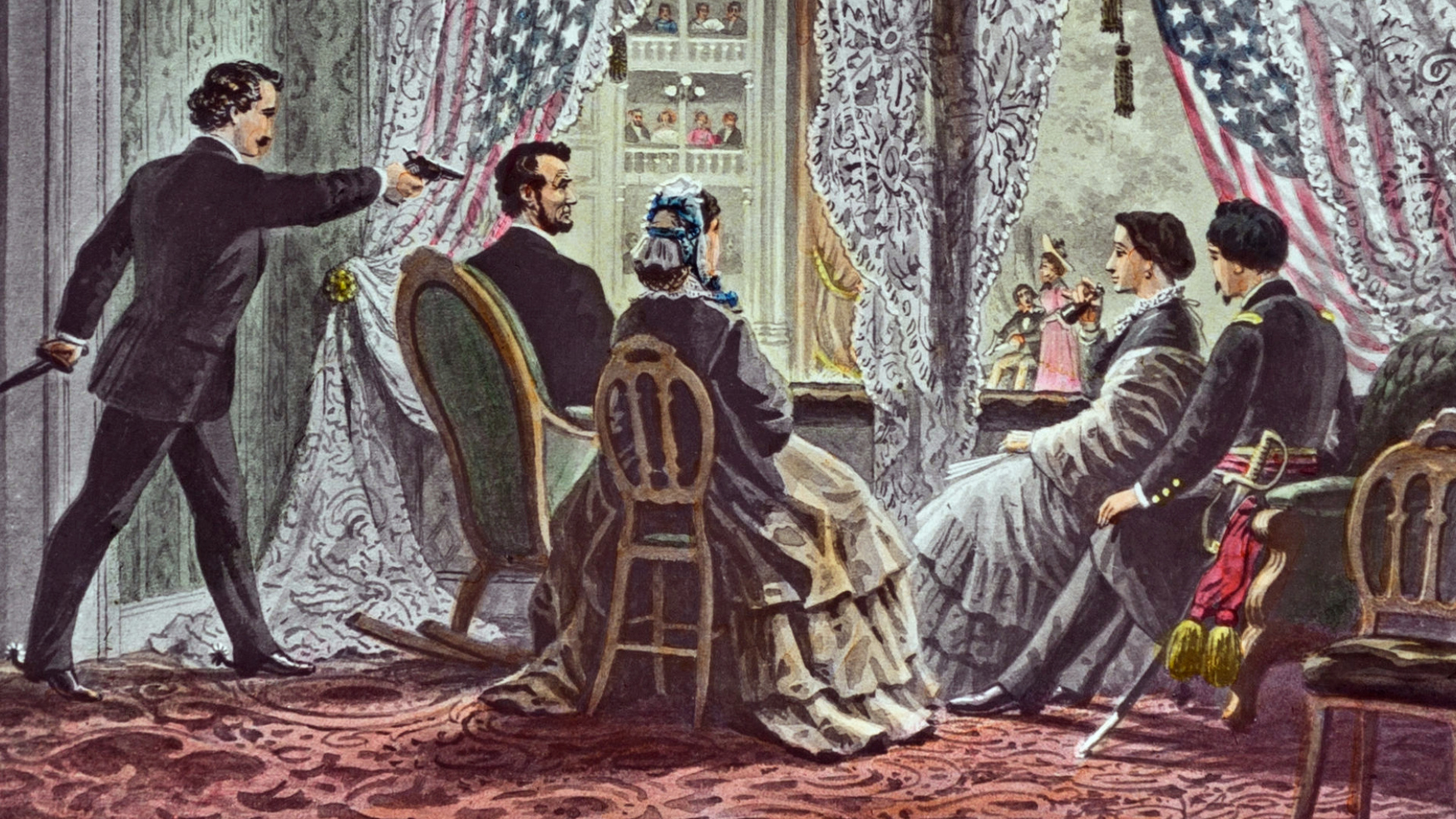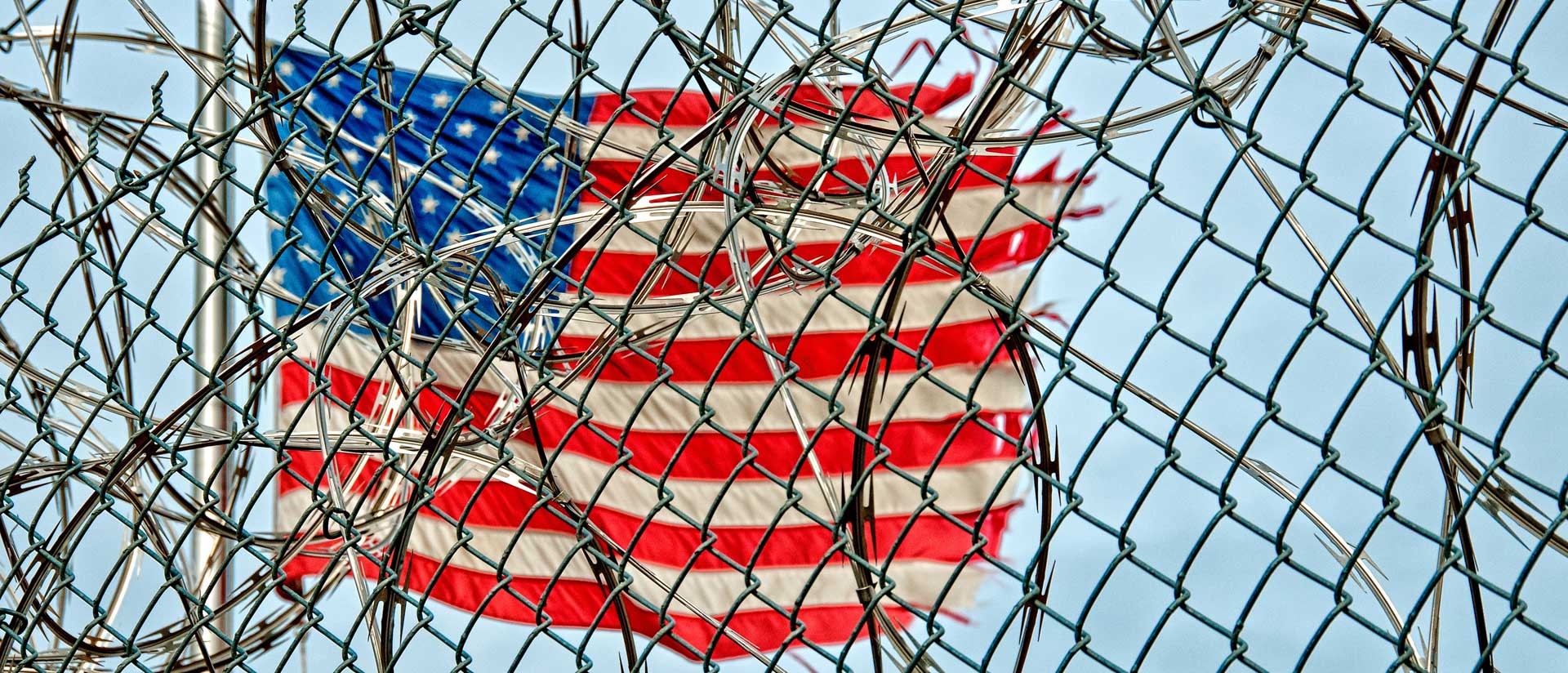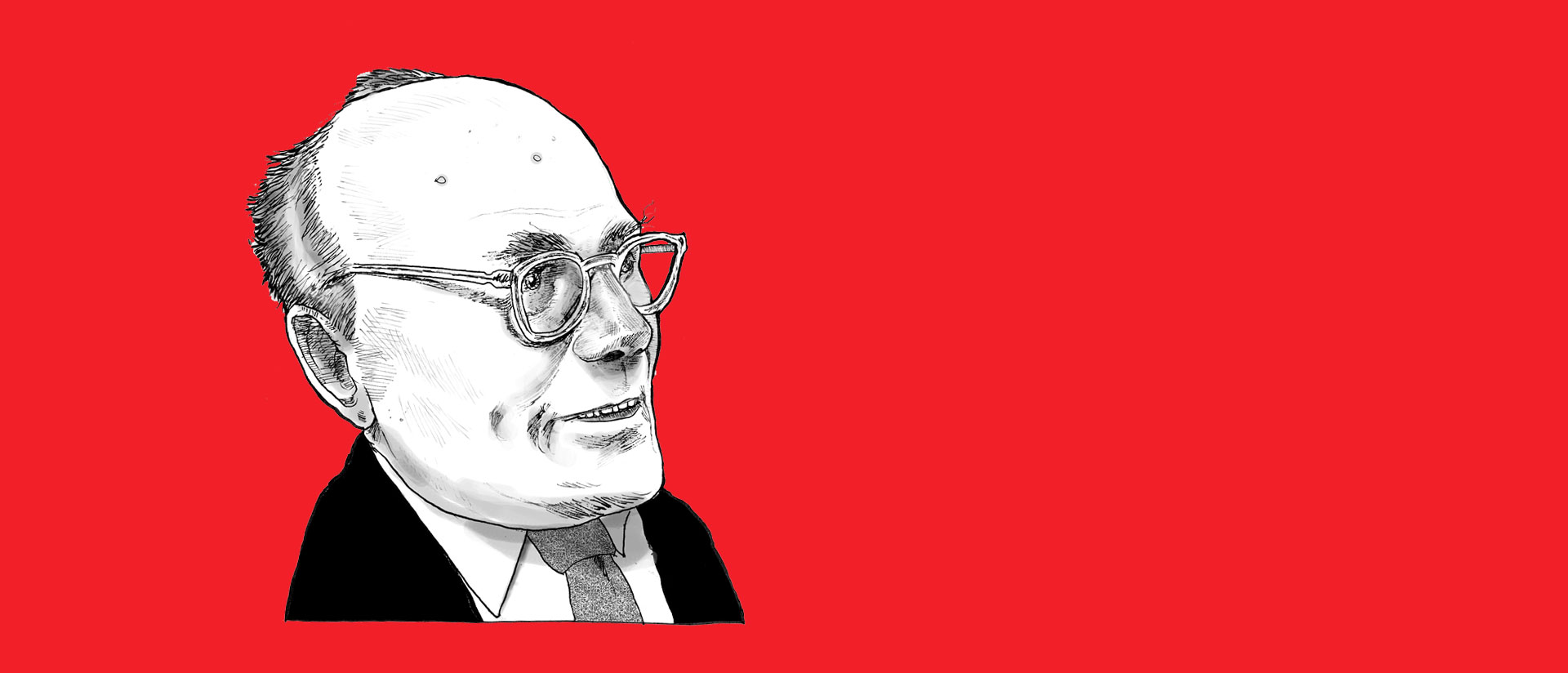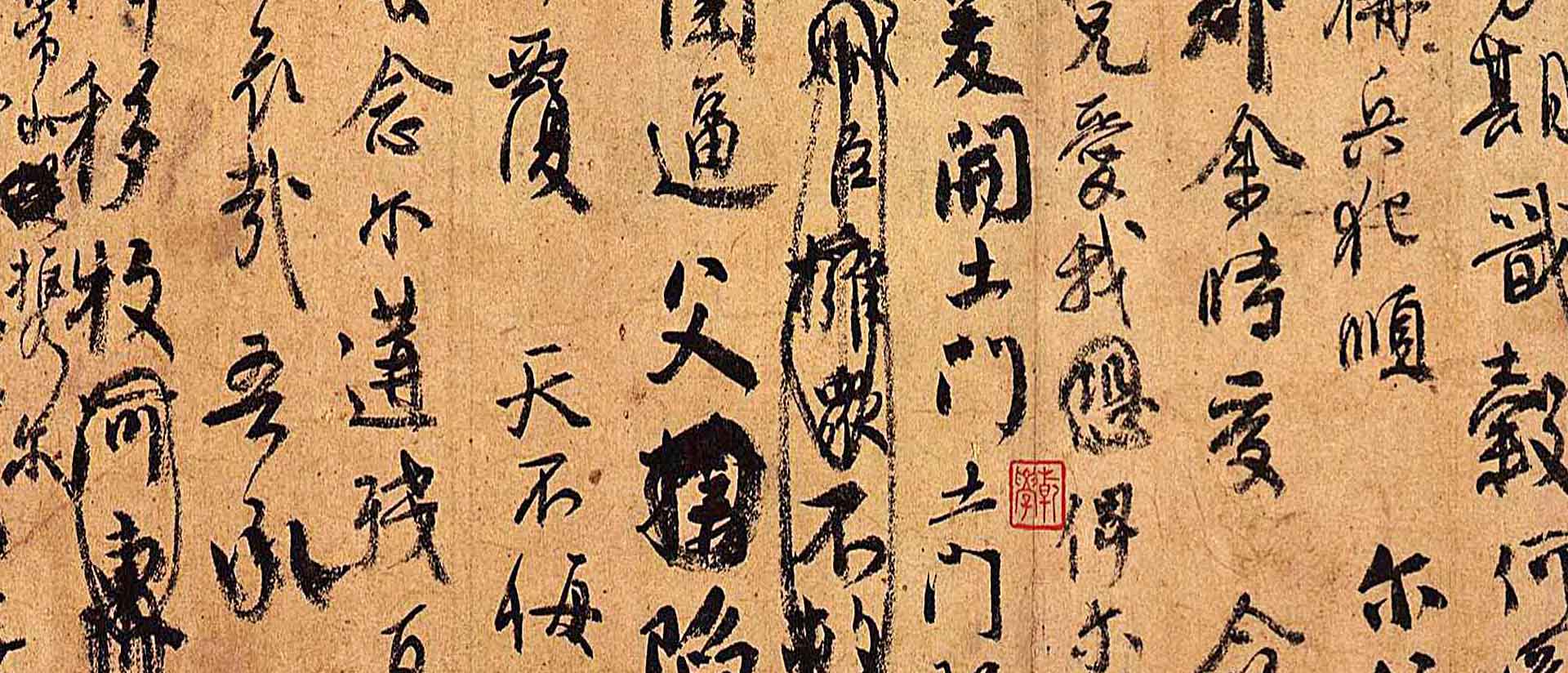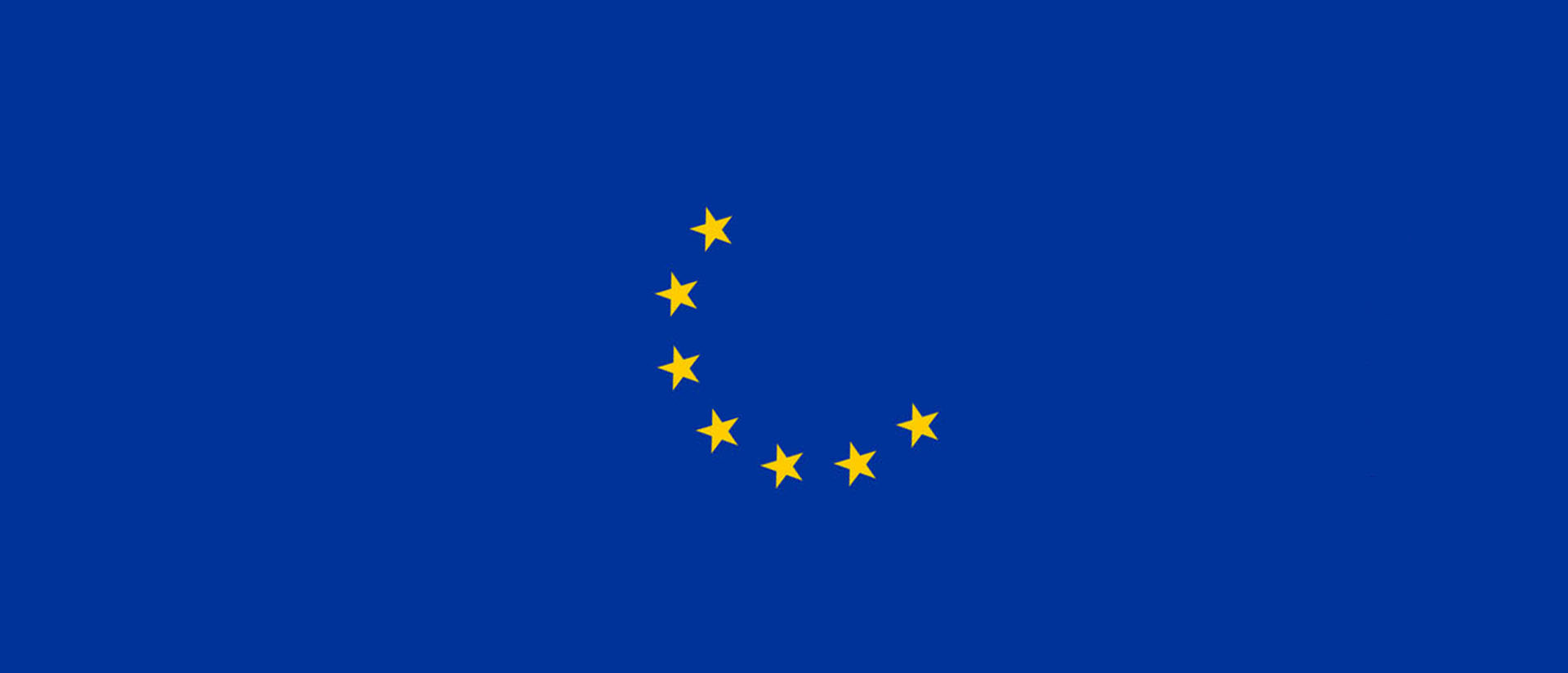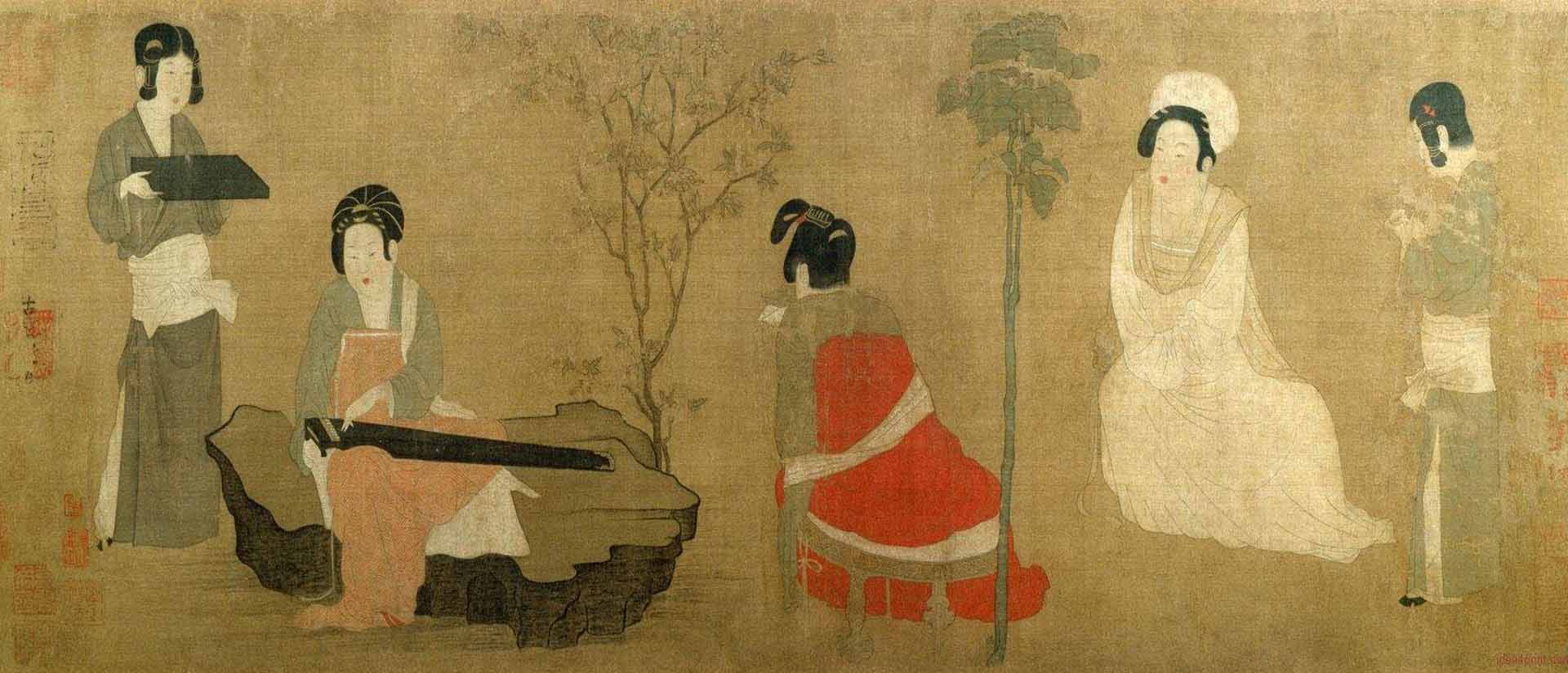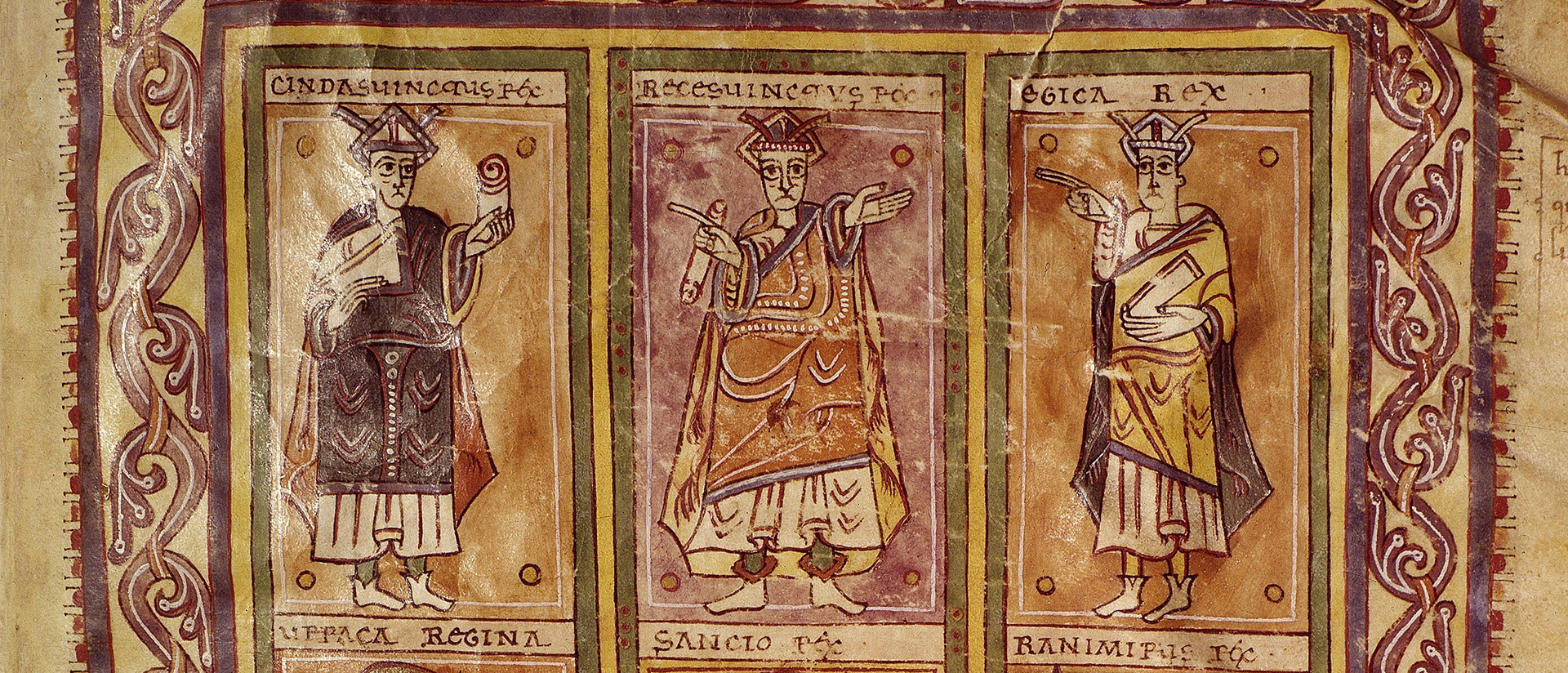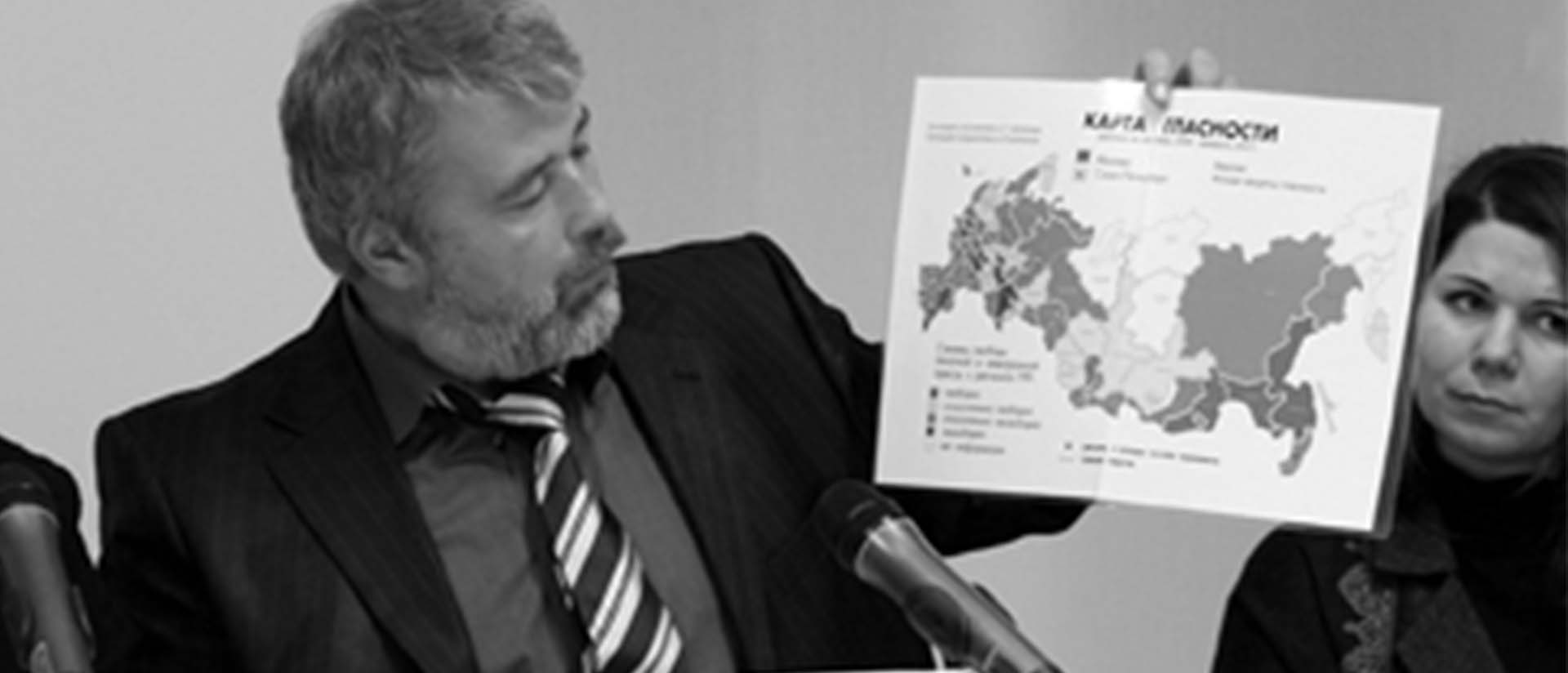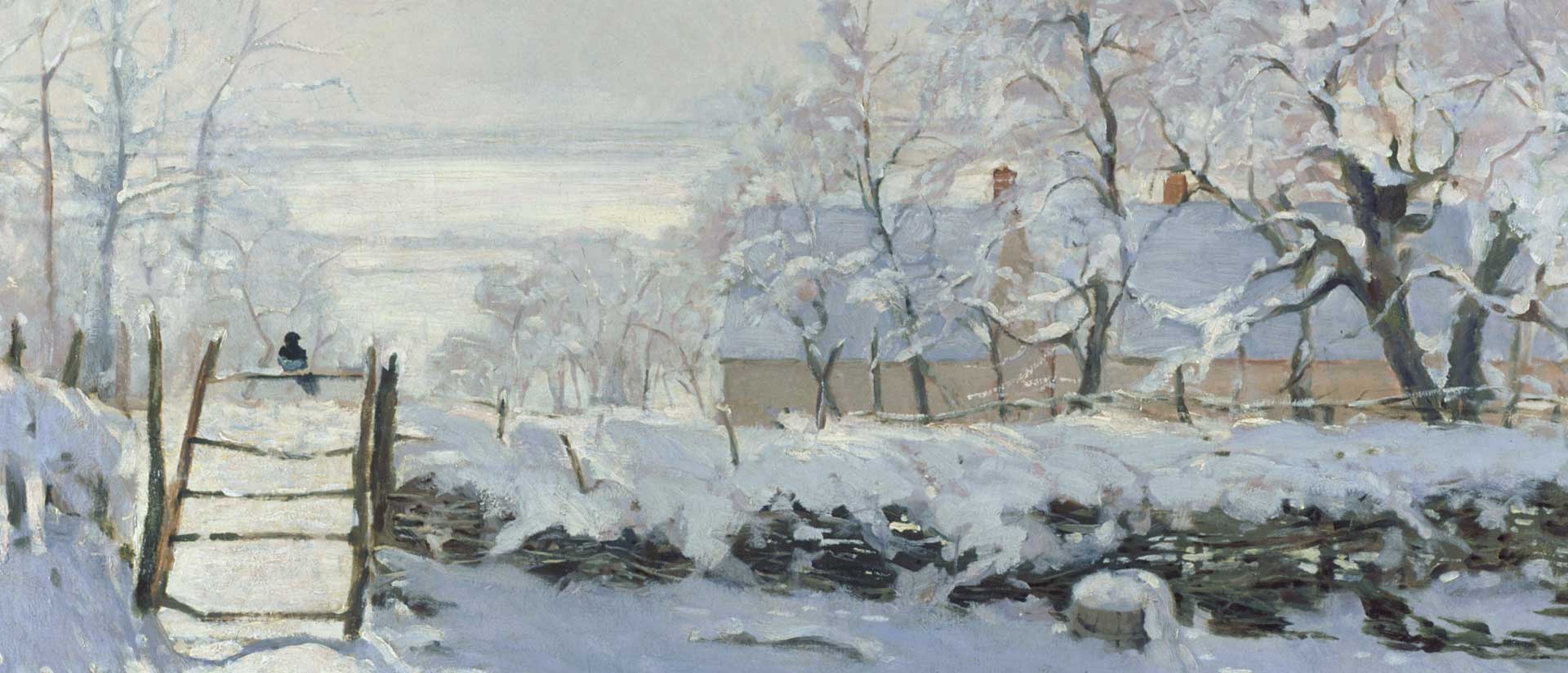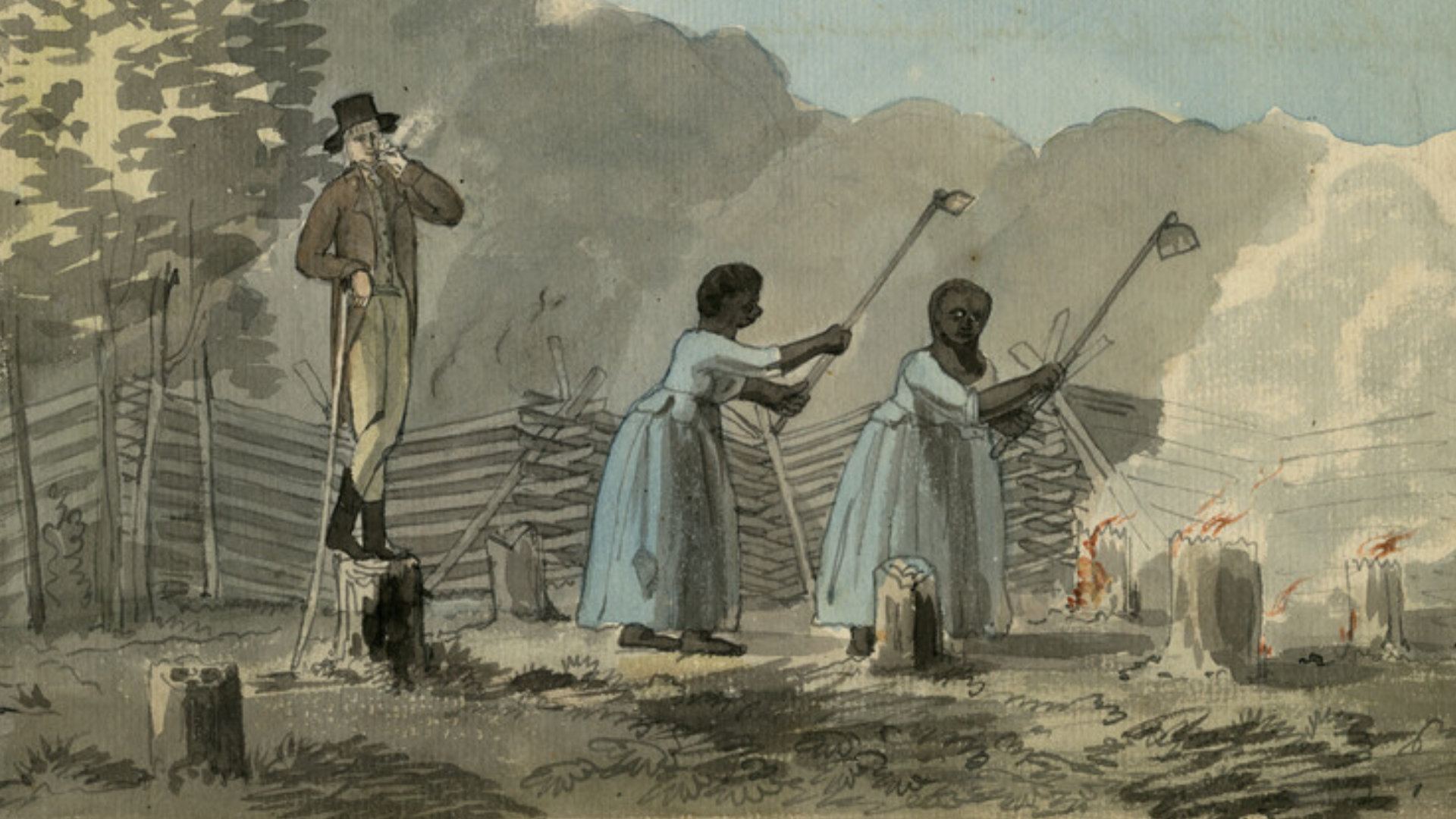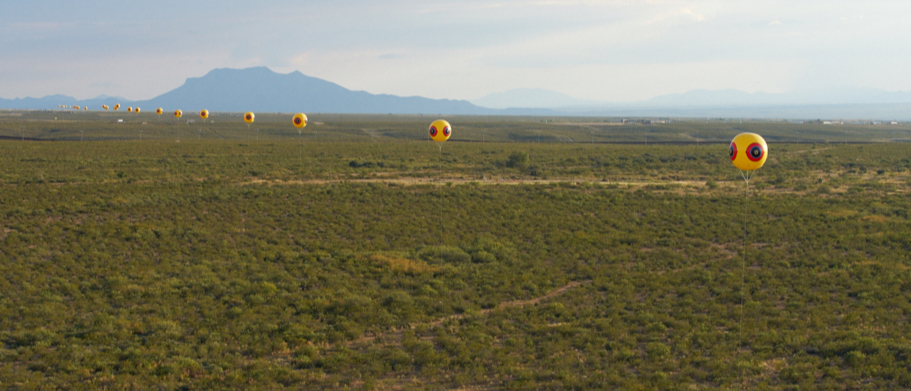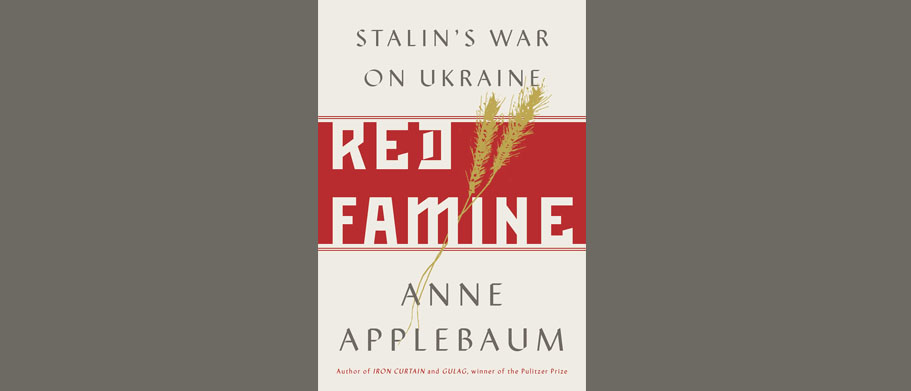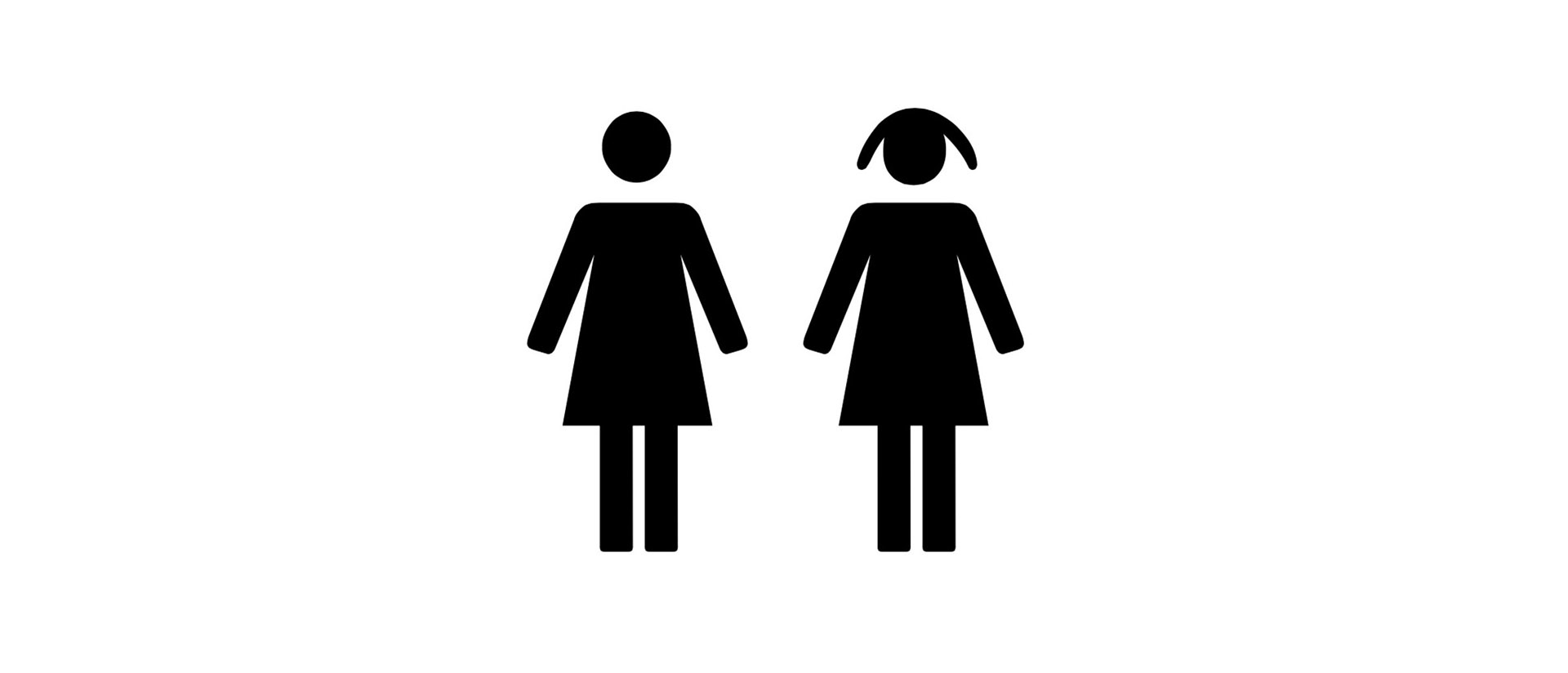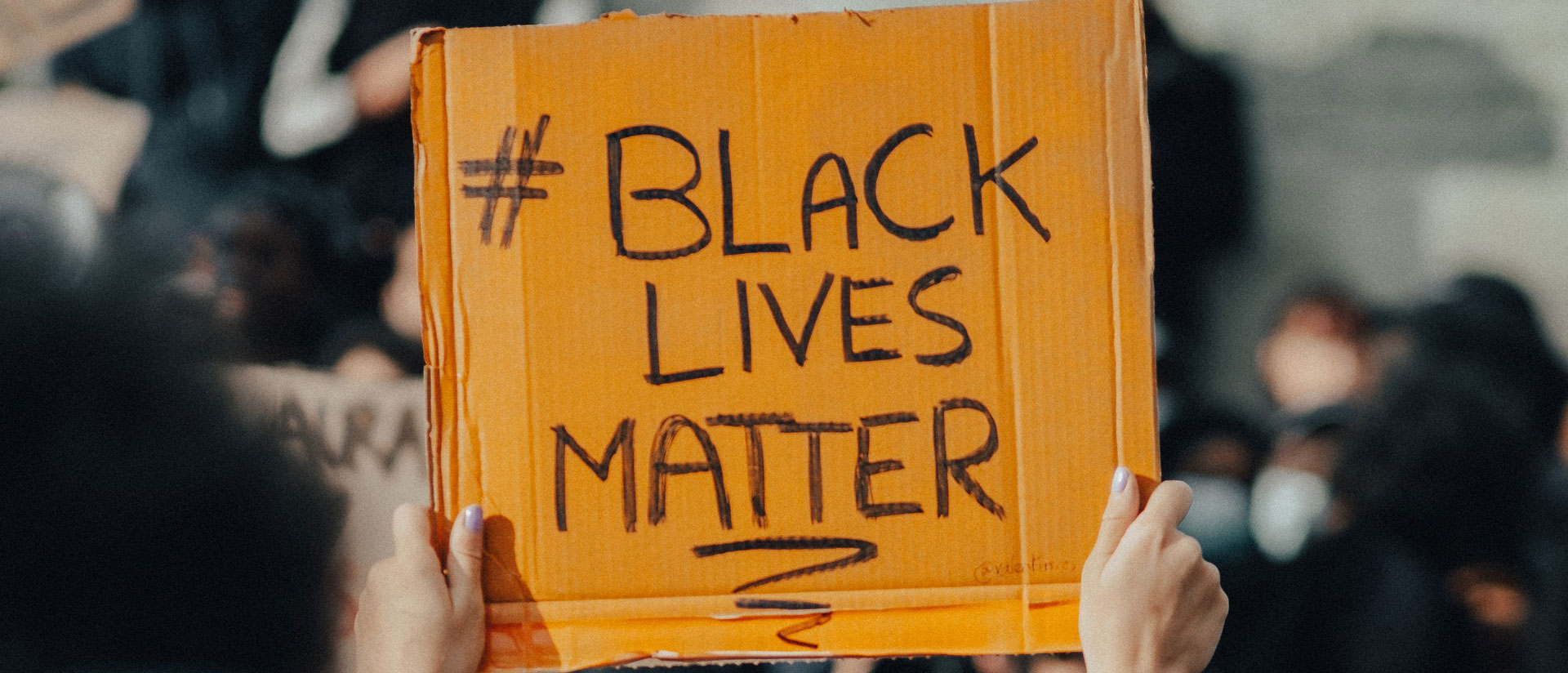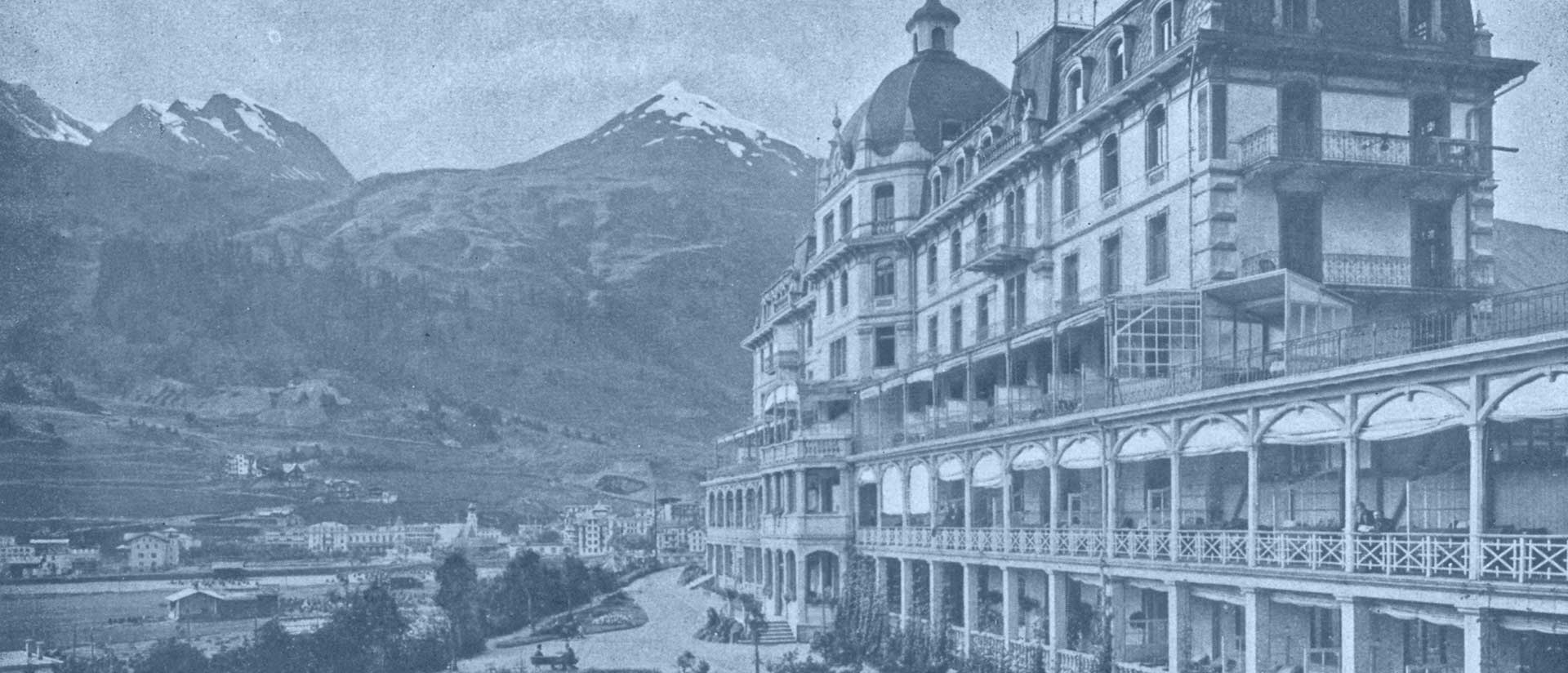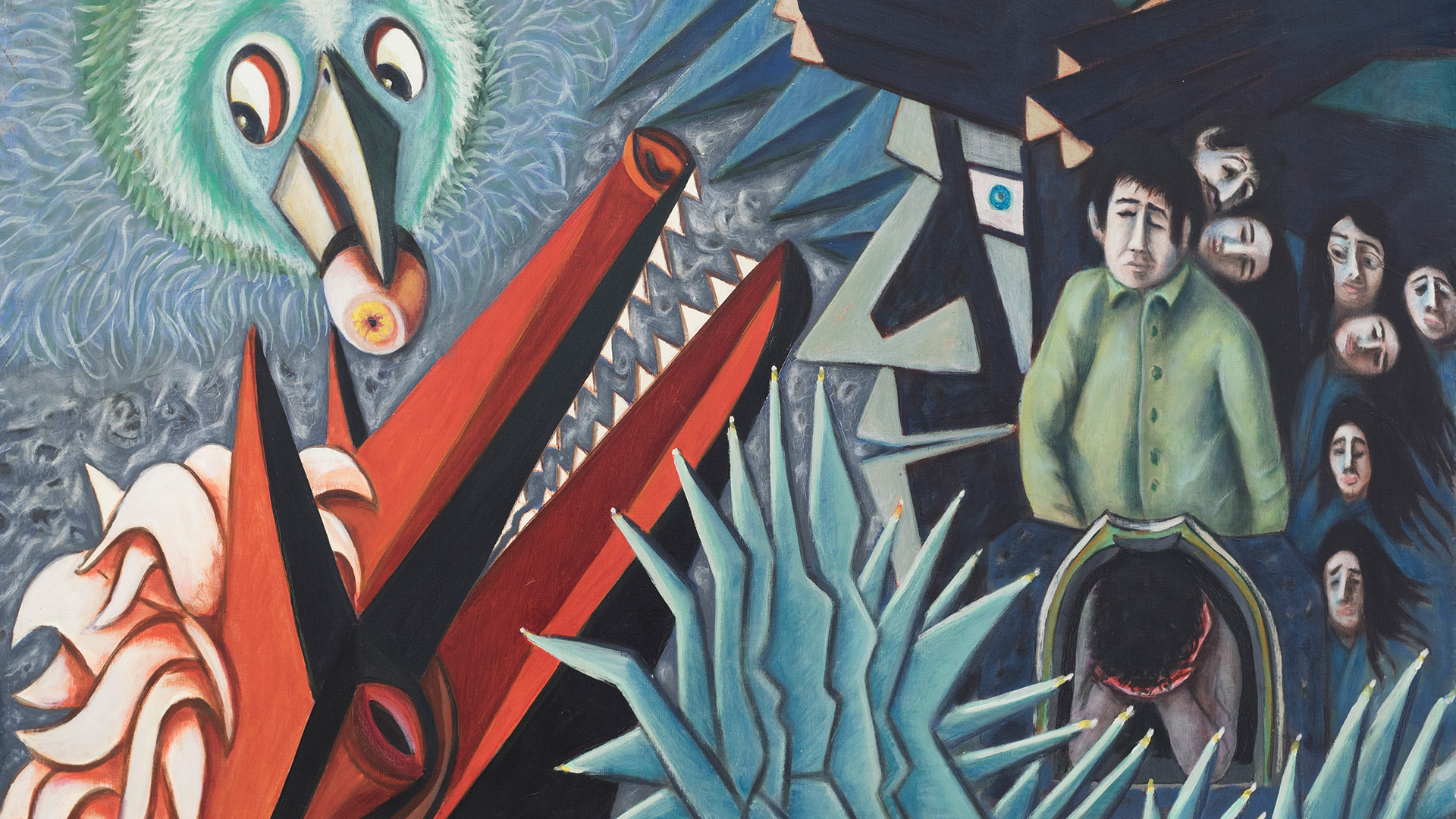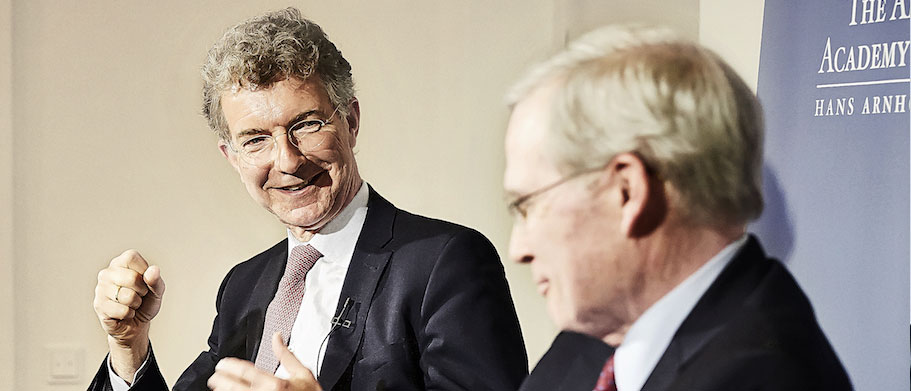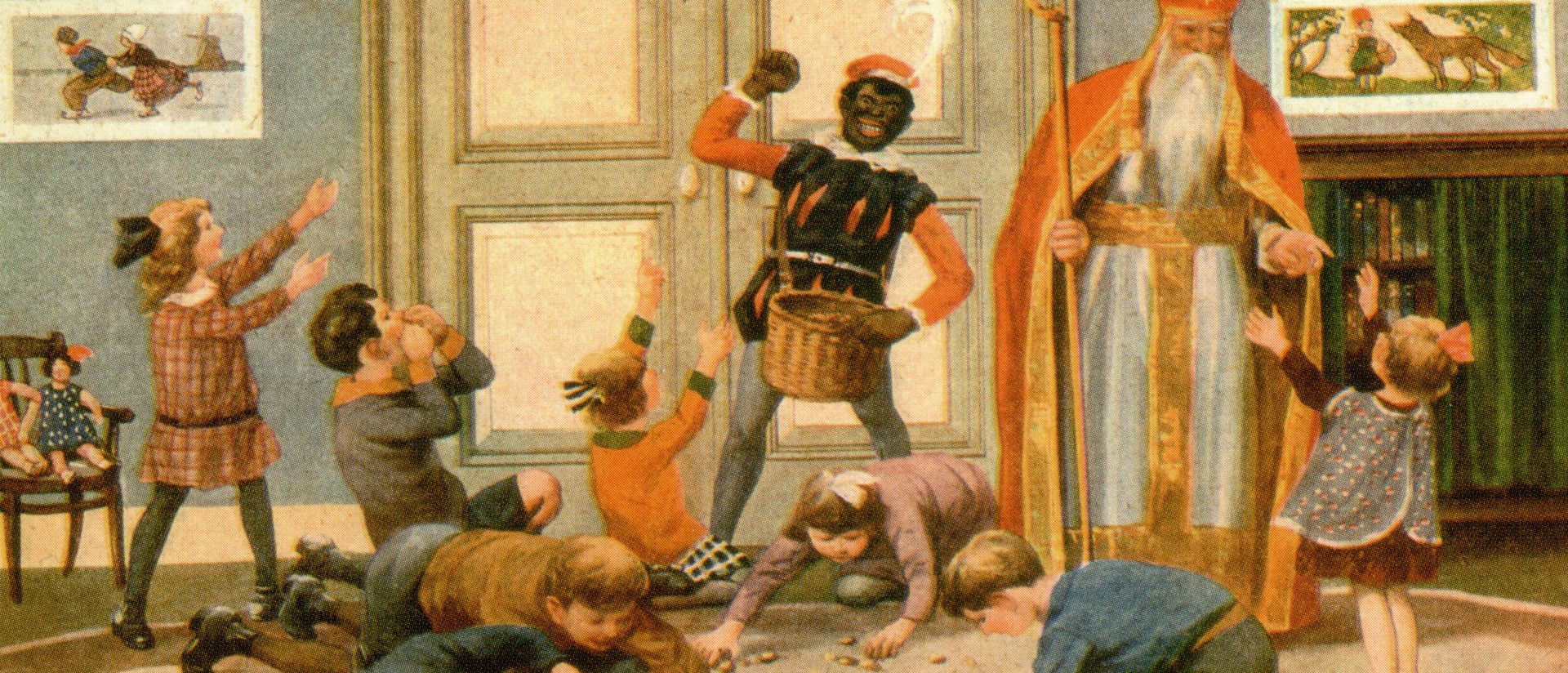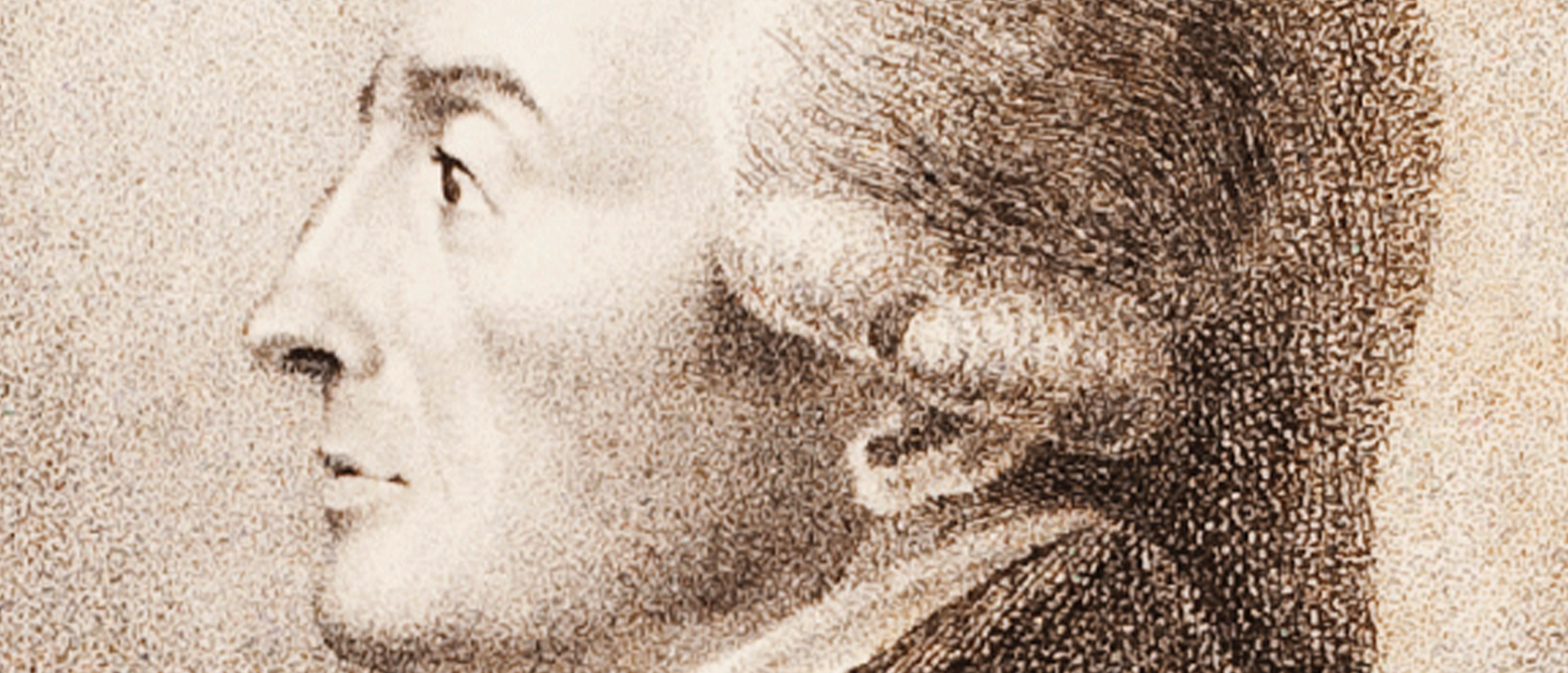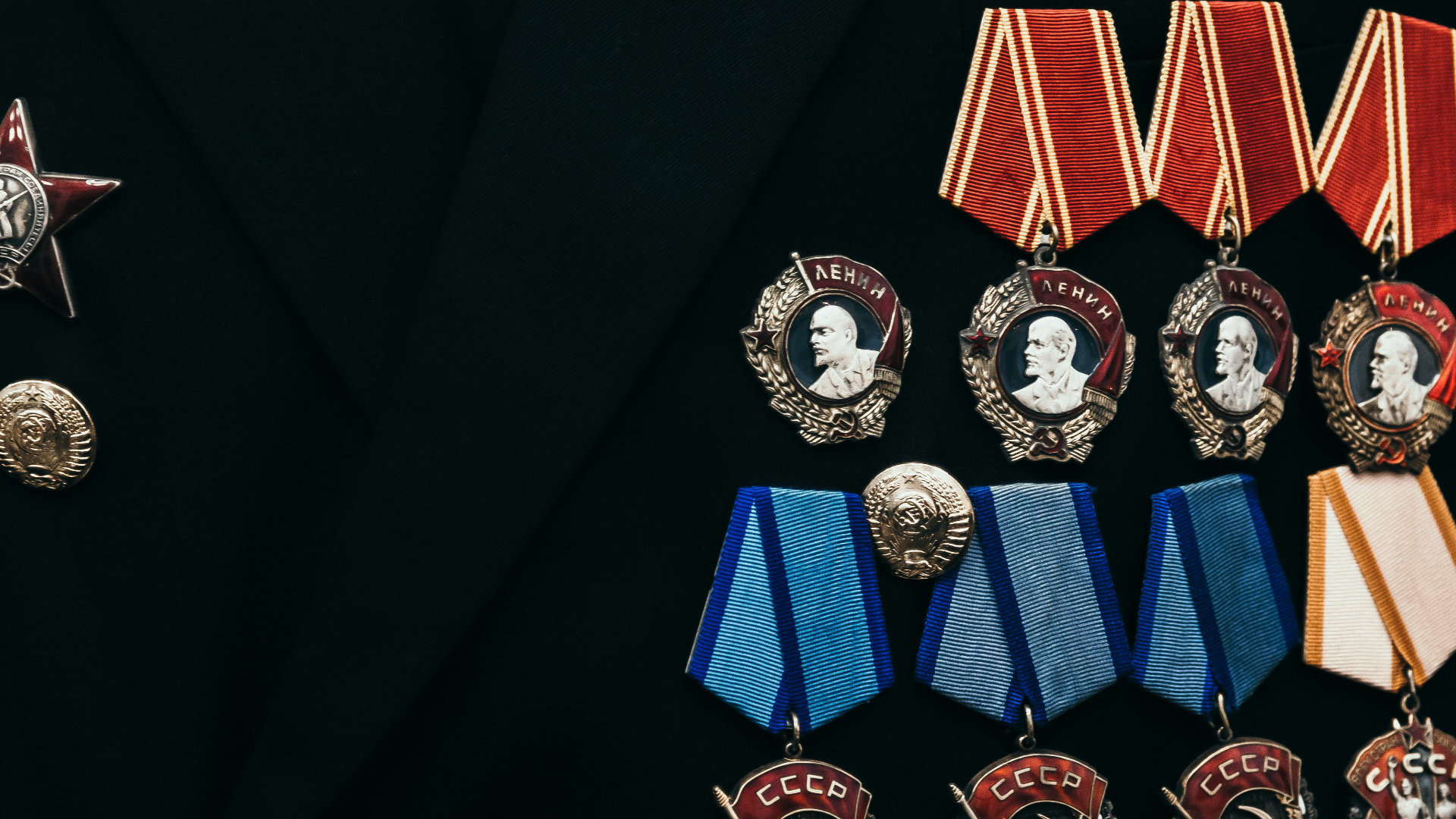
The Uses of History
The war in Ukraine and Russia’s imperial past
by John Connelly
Numerous commentators, mostly on the political left, have accused the United States of hypocrisy in the policies it is pursuing in the Ukraine war. They say we hold Russia to standards we ourselves do not honor. How would the United States respond, they ask, if a country on our borders joined a hostile alliance? The case of Cuba reveals our actual intolerance. Our government placed missiles just south of Soviet borders on Turkish territory in 1959 but risked all-out war when the Soviets stationed their own missiles in Cuba, three years later.
What hostile alliance might Mexico or Canada join? Once there was a Warsaw Pact, but that was an organization the USSR foisted upon its satellites for the sake of its own security. NATO, by contrast, emerged freely among states made fearful by Soviet behavior—Communist seizures of power across Eastern Europe, topped off by an attempt to seize West Berlin, in June 1948. The fear of Soviet aggression was mightily reinforced among small nations with the armed interventions of 1956 and 1968, and after the fall of the Berlin Wall. It’s no wonder that East European states lined up to join NATO.
Critics urge us to see the Russian point of view. Former New York Times reporter Chris Hedges says Russia has suffered repeated incursions over the centuries, and NATO expansion harms its “legitimate” security interests. But the opposite is the truth: Russian aggression among neighboring lands did not begin with the Soviet Union. Going back to the sixteenth century, Russia has been a tenaciously expanding imperial force, occupying and ruling territories far beyond the Russian ethnic core, out to the Pacific Ocean. If we adopt the lenses of peoples Russia has colonized over the centuries, we see a simple fact: for them NATO is a shield, a threat to Russia only if you assume it has a right to control other nations’ destinies. Thus when Lech Wałęsa implored Bill Clinton to permit Poland’s entry into the Western defensive alliance in 1993, he was thinking not just of Soviet occupation after WWII but of Russian behavior dating back as long as there has been a powerful Russian state.
Back to hypocrisy. When the US seeks to enforce a “sphere of influence” over other countries, it indeed acts against its ideals; an American patriot can forcefully condemn US interference in Guatemala, Chile, or elsewhere. The solution is simple: The United States should respect the sovereign will of other peoples in accordance with its own belief in the universal virtues of democracy.
In Russia, by contrast, imperialist foreign-policy does not trigger accusations of hypocrisy. As I discovered during research visits to Moscow in the 1980s and ’90s, average Russians considered Soviet control of Poland or Czechoslovakia fully justified. Poles or Czechs see things differently. Soviet rule during the Cold War was a disaster for their nations’ development. They were forced to recite Leninist distortions of history as if they believed them; saw their forests and rivers spoiled by a wasteful economic regime not of their choosing; and lived behind barbed-wire borders, closed off from the world. Historian Jan Gross says Stalinism was the sum of books never written, but one can go further: it was millions of human lives not lived to their fullest potentials.
In Russia imperialist foreign-policy does not trigger accusations of hypocrisy.
Many Russians will brush such grievances aside. What importance can small nations have in the shadow of history’s crowning event, their country’s victory over Nazi Germany? That victory, as important as it was for humanity, has had the effect of distorting Russians’ historical memory. If elsewhere the twentieth century taught the evils of imperial rule—to the publics of Britain, the Netherlands, France, Portugal, or Germany—Russians learned the opposite. The legacy of the Nazi attack of 1941 is that Russia must have a huge and permanent security buffer, consisting of colonies old and new, in order to keep the resurgence of “absolute evil” at bay. Such is the language used in a recent article by Russian historian Alexei Miller, a well- known and respected historian, by no means an extremist, to describe the Russian position:
The narrative that we defend— and it would be strange if we did not do this—depicts the struggle between good and absolute evil, which is Nazism. We play a key role in this narrative as the force that made the decisive contribution to the defeat of Nazi Germany.
Outlines of this narrative were in place soon after the war’s conclusion. At the founding of the Communist Information Bureau, in November 1947, Stalin’s lieutenant Andrei Zhdanov denounced the US and its allies as “pro-fascist.” In fact, they were mainly alarmed at the spread of communism, but for Soviet leaders such concerns seemed disingenuous. Communism was nothing to fear. Throughout the Cold War, Moscow routinely accused the West of abetting fascism when it supported—even just rhetorically— efforts of colonies to loosen the imperial group. For instance, the Soviet press portrayed Czechoslovak reformers of 1968 as lackeys of West German revisionists and Nazis. No one knows if the Soviet leaders believed their own propaganda; what we do know is that Leonid Brezhnev told Aleksander Dubček in a private moment five days after the August 1968 invasion that the tanks had not arrived in order to strengthen socialism, something that passionately concerned the Czechoslovak leader. In fact, the reason was geostrategic; Czechoslovakia, Brezhnev said, on the verge of shouting, was “part of the Soviet security zone” gained after World War II, and that was its fate for the indefinite future.
The extreme public rhetoric, verging on the apocalyptic, continues into our day, when Russia acts to “denazify” Ukraine. All that we know for sure is that its troops endeavor to seize as much territory as possible while committing atrocities of the sort that imperialist forces have perpetrated from the earliest recorded history (more on why in a moment).
We can learn important lessons about deeper forces guiding Russia from Germany, Europe’s other, former great land-empire, once also imbued with a sense of living under constant threat—indeed being “surrounded” by its neighbors. For generations, German intellectuals argued that their country’s security required rule over small peoples on the German perimeter: Danes, Poles, Czechs, Belgians, Hungarians. The empire—the Reich— brought “peace” and was supposedly accepted happily by these peoples and more.
Imperialism became so deeply ingrained in German thought that even moderates argued for Germany controlling huge spaces in Central Europe—Mitteleuropa. That word is associated not with fascists but with liberals like Friedrich Naumann, or the great industrialist Walter Rathenau. Rathenau, later a German foreign minister assassinated by a right-wing fanatic, devoted his considerable energies during World War I to securing German dominance deep within Eastern Europe. After the Nazis’ ascent to power, even their critics believed Germany was destined to be an empire within Europe. In 1938, leading Austrian Social Democrat Karl Renner applauded the absorption of his country by Germany, and Count Claus von Stauffenberg—who later led the plot on Hitler’s life—commanded a company of German troops who marched into the Sudetenland.
Germans right, left, and center were hostages of basic political imagery. Reich was an ultimate value, signaling order, harmony, and prosperity. It was also an ancient word, recalling supposedly better times centuries earlier, when Germany had been a boundless and expanding entity, deep into France, Poland, and Italy.
Franklin Roosevelt understood the dangers emanating from this simple word, and wrote to his staff in April 1944: “As long as the word ‘Reich’ exists in Germany as expressing a nationhood, it will forever be associated with the present form of nationhood. If we admit that, we must seek to eliminate the very word ‘Reich’ and all that it stands for today.” The elimination involved the German Reich’s political and physical destruction, so that in 1945 Germans beheld a land in ruins that could be rebuilt, but where the clock could not spin backward. If “Reich” appears in German discourse today, it’s on the extreme right. More positively, the Germans’ record suggests that only by surrendering the claim to rule other peoples could they begin to rule themselves—as a democracy.
History is not destiny. No country needs to repeat its past, and the record of its deeds does not constitute an inescapable pattern extending into the future. But if the past is not carefully studied, it will be a force that drags a country down. The first question Russians might ask is where does the idea originate that their country is eternally threatened?
Part of the answer is that Marxism- Leninism assumed a natural right to expand, but deeper history points to a long imperial tradition that vied for a proportional relation between growing size and growing insecurity. That is, empires don’t recognize boundaries; their only logic is to grow. As Henry Kissinger wrote: “Empires have no interest in operating within an international system; they aspire to be the international system.” But as they grow, they create more enemies. The response is to craft an ideology of ultimate right to govern many peoples (usually in the name of “peace”), and when that fails, extreme brutality ensues. The record goes back centuries, from the Jewish-Roman wars of antiquity to Frederick Barbarossa’s sacking of Milan in 1162, and from the razing of Magdeburg by imperial troops in 1631 to the Ottoman crushing of uprisings across southeastern Europe in the generations before World War I.
The challenges only proliferated during that Great War, as a counter- ideology affirming that peoples should govern themselves spread across the globe. Now even purportedly liberal empires revealed their dark sides, because of the dangerous contradiction between support for democracy at home and a claim for the right to rule over others on the imperial peripheries. Thus the Habsburgs Empire, often idealized as a humane empire that respected law, executed many thousands of Slavs during WWI, men and women, usually by public hanging, while after the war British troops shot hundreds of peaceful demonstrators in India. In both cases, the “traitors” wanted what President Woodrow Wilson preached at Versailles in 1919: national self-determination.
The Nazis derided liberalism’s hypocrisies, especially as applied to Germany at Versailles, and claimed to represent a higher form of national self-determination—that of the hierarchical “people’s community.” What would make Nazi policies much bloodier than those of liberal states, however, was the claim that the Reich consisted not of many peoples (as had the Roman, British, and Habsburg empires), but of one, and that its rights were absolute. As Nazi forces expanded the Reich through conquest after 1939, the result was genocide, the eradication of those who would not or could not be German—foremost Jews, of course, but also Sinti, Roma, and many Slavs, chiefly Poles, Russians, and Ukrainians.
This, unfortunately, is a close parallel to today’s war in Ukraine. Vladimir Putin has taken the Russia’s imperial tradition beyond what Brezhnev would have contemplated and claimed that Ukrainians and Belarusians are not separate peoples but one with the Russians. He also goes beyond the Soviets and the tsars in the outright killing and abduction of those who dissent.
It’s not quite true that those who don’t know history are bound to repeat it. What is true is that those ignorant of history cannot learn from it. For years, Russian authorities have taught an uncritical view of the Soviet and deeper Russian past, and in recent months shuttered institutions dedicated to openly exploring darker chapters of Russia’s history. Only if Russia loses this war is there hope that Russians’ eyes can be opened to their own imperial past, in particular the centuries of their subjecting other peoples to foreign rule.
When one puts on non-imperial lenses, history begins to look different. For instance, Russia did not win World War II. Rather, the Soviet Union, itself many peoples, combined with other peoples to destroy fascism. Among Soviets, Ukrainians bore perhaps the heaviest burden, with some ten million victims (including the great majority of Ukrainian Jews). Putin’s war turns out to be worse than hypocrisy blind to history. It is also a desecration, making Russian killers of Ukrainians stand in supposed league with the Red Army soldiers who once gave their lives to halt genocide—and often enough on the very Ukrainian soil that is now once more drenched in blood.
Photo: Marjan Blan, Soviet Uniform from the Kiev Children’s Railway Museum (2019). Courtesy Unsplash

